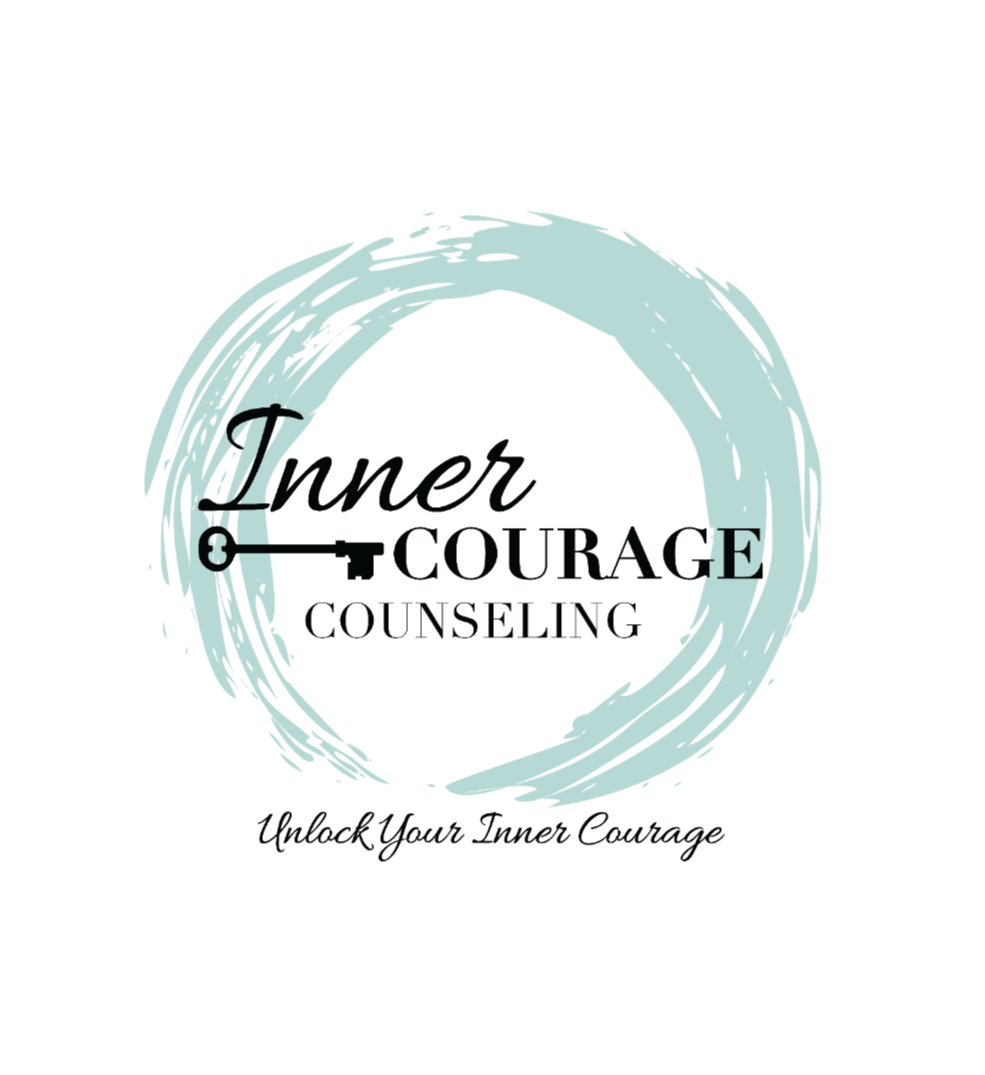Expectations and the Holidays: Don’t Let “Shoulds” Ruin the Season

By: Amy Jeffers, MA
Falling leaves and cooler temperatures are a sure sign of fall, and a reminder that the holiday season is just around the corner. Between the months of November through January, we’re presented with ample opportunities to celebrate with family, participate in traditions new and old, soak in moments of joy, and connect with those we love. Many of us will also face the challenges of the holidays, from engaging with challenging family members, enduring awkward social situations, or navigating a first holiday without a dearly departed loved one. There are many ways this holiday season COULD go but my goal is to help you avoid one major pitfall: don’t let the “SHOULDS” ruin your positive experiences or make harder your painful ones.
EXPECTATIONS AND SHOULDS:
“Shoulds” are the expectations we have of ourselves, others, and the world around us that are highly subjective and based on opinion and beliefs. Shoulds are oftentimes irrational and limiting, and are not grounded in reality or fact; as such, therapists consider shoulds to be a cognitive distortion – a maladaptive thought that prevents us from seeing the world as it truly is and oftentimes leads to unnecessary suffering. Based on this definition, it is easy to see why shoulds are recurring focuses in therapy and major contributing factors to discontent for most people.
HOW SHOULDS CAN ROB YOU OF JOY:
Now that you understand what a should is at its core and why it can be detrimental, let’s take a look at how shoulds can potentially rob you of joy in periods of celebration. Picture this: it’s Thanksgiving day and you’re looking forward to seeing your extended family, watching some quality football, and eating your aunt’s famous pumpkin pie. You’ve been looking forward to this day for weeks and you have developed some strong expectations about the day and how it should look… everyone attending should be on time and in a good mood, your favorite team should win the football game, and your aunt’s pie should be a delicious, whipped-cream-topped finale to a huge Thanksgiving feast. But then real life happens – one hour before guests are supposed to arrive, the cable goes out and your aunt calls to let you know she’s sick and won’t be able to attend or bring the pumpkin pie as expected. You suddenly realize that the things you expected to happen today are not going to be a reality… and you are upset. You feel disappointed, angry, frustrated, and a little sad – this SHOULD have been a wonderful day but now it’s ruined because things aren’t going the way they SHOULD!
But here’s the thing… if you took a moment to shift your focus outward from your irrational expectations and related emotional distress, you’d see something beautiful in the reality of the day. You’d see that even though your aunt can’t make it, the rest of your family is in attendance and everyone is laughing and enjoying each others’ company. You’d notice that even though the cable is out and the football game can’t be watched, your grandfather has pulled out a board game and people are having a blast while connecting with each other. You’d realize that even though the pumpkin pie won’t be coming, there’s so many other wonderful and delicious foods to enjoy. Even though the day isn’t going the way you think it should, maybe there’s something beautiful about what actually is. There’s nothing wrong with feeling your feelings and acknowledging your disappointment that things aren’t the way you’d hoped they’d be, but there’s also no need to remain stuck there. There is room for gratitude when you ultimately appreciate the reality of what actually is instead of being stuck on the imaginary, intangible, and oftentimes irrational shoulds swimming around in your mind.
HOW SHOULDS CAN MAKE YOU FEEL WORSE:
Another major way in which shoulds can sabotage the holiday season is by believing that you or others should feel or act differently, particularly in situations that are challenging. Let’s use our imagination again: it’s Christmas Eve and you’re preparing to celebrate with your extended family. This year is a little different, however, as it’s the first Christmas you’ll be celebrating since the death of your mother, the matriarch of the family and the glue who held past Christmas celebrations together. You believe that you should be excited about the day and should want to celebrate… but you’re sad, hurting, and struggling. You start to fixate on your beliefs that you shouldn’t be as sad as you are because your mother died ten months ago – you should be more “over it” by now, you should be more healed, you should be doing better than you are. What does this mean about you that you aren’t doing what you should? You’re also afraid that others will think you should be holding it together better than you are – what will they think of you?
The problem with this line of thinking is obvious: on top of your grief, sadness, and loss, you’re allowing your irrational beliefs about yourself (and your fears about others’ unfounded beliefs regarding you) to pile on guilt, shame, blame, and embarrassment. You’re allowing your shoulds to negate and judge your pain and the reality of your loss, and make your feelings equate to failure. Focusing on shoulds when you’re already hurting will only hurt you further – and add guilt, blame, and shame into an already difficult situation. Instead of focusing on shoulds, acknowledge you feel the way you feel and find ways to comfort yourself, connect with others, and exist authentically within the reality of the situation.
HOW SHOULDS CAN HARM YOUR RELATIONSHIPS:
Expectations about the behavior of those around us can also negatively impact our holiday experiences, as well as our relationships with those we love. Common shoulds we hear related to expectations of others include:
- If she loves me, she should have…
- He should just know that I wanted…
- She should have been able to tell that…
- He should have known that…
- She should have said…
- He should have done…
Naturally, this extends to the holiday season as well, particularly as there are ample expectations regarding the behavior of others in relationship to events, celebrations, traditions, and gift giving. People oftentimes have expectations of what their loved ones should do, say, purchase, and provide in terms of celebrating holidays… and those expectations are oftentimes irrational. If we look at the behavior of others based on how WE believe they should present themselves, we are setting both others and ourselves up for failure. It’s okay to have basic expectations in terms of how we want to be treated in relationships, of course, but if we’re resting the success of a holiday on whether small children will agree to sit for a family holiday photo or gauge a loved one’s feelings about us by whether they purchase us what we think they should, we are likely going to be disappointed in not only the situation but also in the people involved… and that is not going to benefit our relationships with those we love or our own happiness!
TAKEAWAY:
As you head into the holiday season, I encourage you to increase your awareness regarding your expectations of yourself, others, and the world around you, as well as the holidays you’ll be celebrating. Examine those expectations and if they seem irrational, unfounded, or rooted in belief over reality, challenge them! Talk them over with others – friends are typically great resources in terms of challenging irrational beliefs and expectations, or you can seek out a therapist (we’re great at challenging irrational expectations and beliefs – shoulds make for great therapy). Find a way to reframe, dispute, or challenge those shoulds and try to focus instead on what actually IS. There’s a lot of joy and authenticity to be found in being present and connected to reality while celebrating this holiday season!

